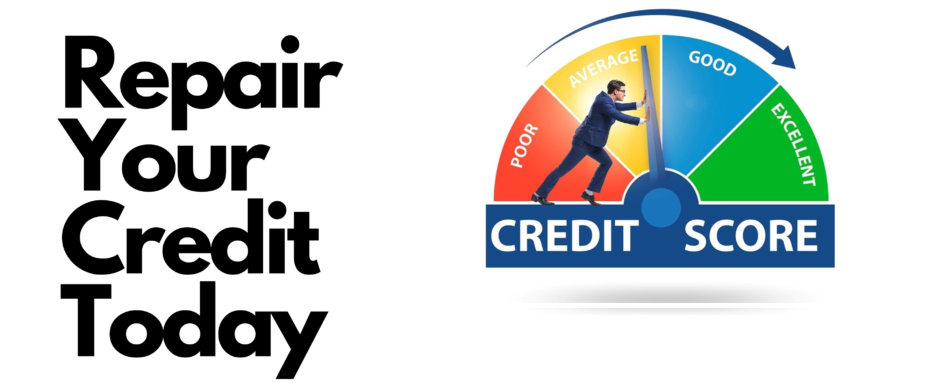As an avid credit card user, I often ponder over the question: should I pay off my credit card immediately after every purchase to improve my credit score? It’s common knowledge that maintaining a good credit score is crucial for financial stability and future opportunities. While some argue that paying off credit card balances right away can positively impact credit scores, others believe it may not be necessary. In this blog post, I aim to analyze the pros and cons of paying off credit card debt immediately after every purchase and help you make an informed decision. So, join me as we delve into this intriguing topic and uncover the truth behind credit score optimization strategies.
Introduction
When it comes to managing our credit cards, one question often pops up: should we pay off our credit card debt immediately after every purchase to raise our credit score? It’s a common misconception that paying off our credit card debt immediately is the best strategy for improving our credit score. In this article, I will dive deeper into the topic and explore whether this strategy holds true or if there are better alternatives. So, let’s get started!
Understanding Credit Scores
Before we jump into the discussion, let’s take a moment to understand how credit scores work. Your credit score is a three-digit number that represents your creditworthiness. It is used by lenders to determine whether you are a trustworthy borrower. A higher credit score indicates that you have a good credit history, whereas a lower credit score may indicate higher risk.
The Impact of Credit Card Utilization
One of the factors that influence your credit score is your credit card utilization. Credit card utilization refers to the amount of your available credit that you are using. It is calculated by dividing your credit card balances by your credit limits. A lower credit card utilization ratio is generally considered favorable and can positively impact your credit score.
The Argument for Paying Off Credit Card Debt Immediately
Some people advocate for paying off credit card debt immediately after every purchase as a way to keep credit card utilization low and improve their credit score. By paying off the debt immediately, they prevent their credit card balances from accumulating and potentially increasing their credit utilization ratio.
The Counter Argument
However, paying off your credit card debt immediately after every purchase may not be the most practical or efficient strategy. Here’s why:
Cash Flow Management: Paying off your credit card debt immediately can disrupt your cash flow management. It’s important to have enough liquid funds to cover your essential expenses and emergencies. If you constantly use all your available funds to pay off credit card debt, it may leave you financially vulnerable.
Building Credit History: Credit card issuers report your payment history to credit bureaus. Consistently paying off your credit card debt in full every month demonstrates responsible credit behavior and can help you build a positive credit history.
Utilization Snapshot: Credit card issuers typically report your credit card balances to credit bureaus at the end of each billing cycle. As long as you pay off your credit card balance before the due date, your credit report will show a low utilization ratio, which is more beneficial to your credit score.
Alternatives to Consider
Instead of paying off your credit card debt immediately after every purchase, consider the following alternatives:
Payment in Full: Aim to pay off your credit card balance in full every month by the due date. This ensures that you avoid interest charges while building a positive credit history.
Multiple Payments: If you prefer to make multiple payments throughout the month, you can do so without negatively impacting your credit score. Just ensure that you pay off the full balance before the due date.
Balance Transfers: If you have accumulated high-interest credit card debt, you might consider transferring the balance to a card with a lower interest rate. This can help you manage your debt effectively and potentially save money on interest charges.
Conclusion
While paying off credit card debt immediately after every purchase might seem like a promising strategy to raise your credit score, there are better alternatives to consider. Aim to pay off your credit card balance in full every month by the due date, focus on maintaining a low credit utilization ratio, and build a positive credit history. Remember, it’s important to manage your finances wisely while also prioritizing your long-term financial goals.
So, the next time you’re tempted to pay off your credit card debt immediately after every purchase, think twice and consider the alternatives. And remember, a good credit score is not achieved overnight, but through responsible credit management over time.







